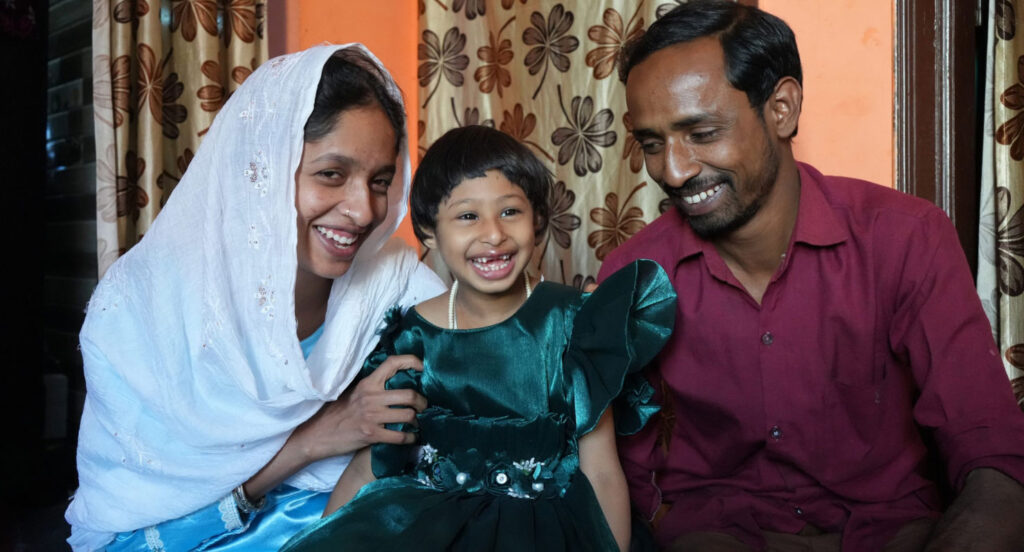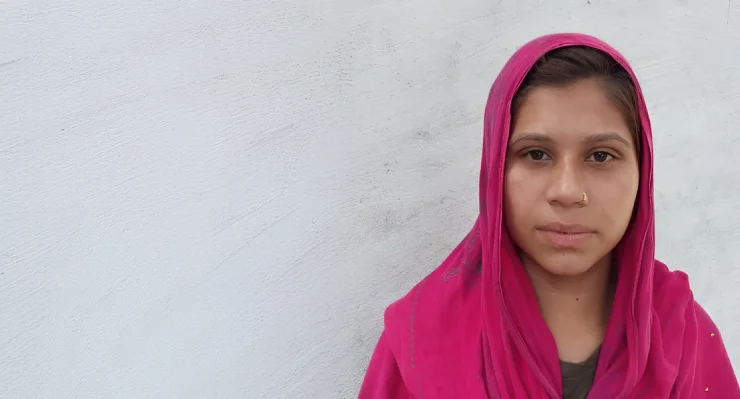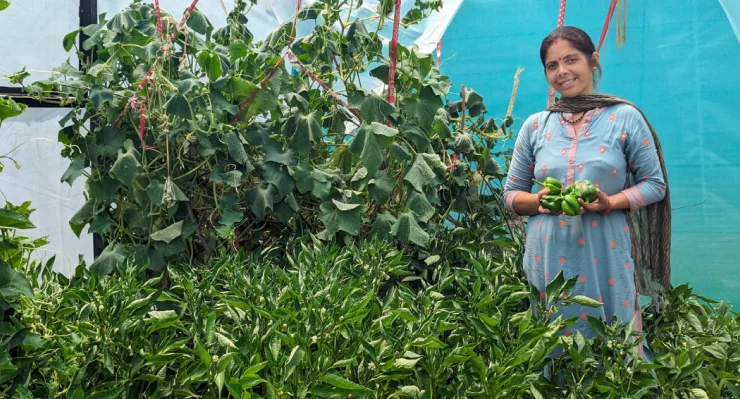The outbreak of the COVID-19 pandemic turned the world upside down. 1.5 million schools were closed to stop the spread of the virus. Closing schools and educational organisations and shifting offline education to Zoom classrooms significantly changed students’ lives from under-resourced parts of the country by limiting access to education and health care.
In the Garden Reach area of Kolkata, West Bengal, about 1,000 children with disabilities are spread across nine wards. These children regularly visited the Garden Reach Rehabilitation Centre for therapy and treatment. But the pandemic and the subsequent lockdowns hindered the offline sessions.
The Rehabilitation Centre began online therapy sessions. But due to a lack of resources, many children could not attend. To help children with such requirements, CBM India Trust developed the Digital Education Project, an initiative to provide smartphones to children to facilitate their online classes and therapy sessions. Public school educators were also trained to conduct online lessons inclusively.
Samira, a 5-year-old child with cerebral palsy, used to frequent Garden Reach Rehabilitation Centre for therapy sessions. During the lockdown, Samira’s treatment was discontinued, and she could not attend the online sessions due to the unavailability of a smartphone. Her motor and cognitive skills, which improved with the sessions, were impeded due to the discontinuation of the sessions.
The Digital Education Project provided Lenovo M7 tablets to children with and without disabilities, including Samira. She used the Lenovo tablet to participate in online physiotherapy sessions and take her online classes.



